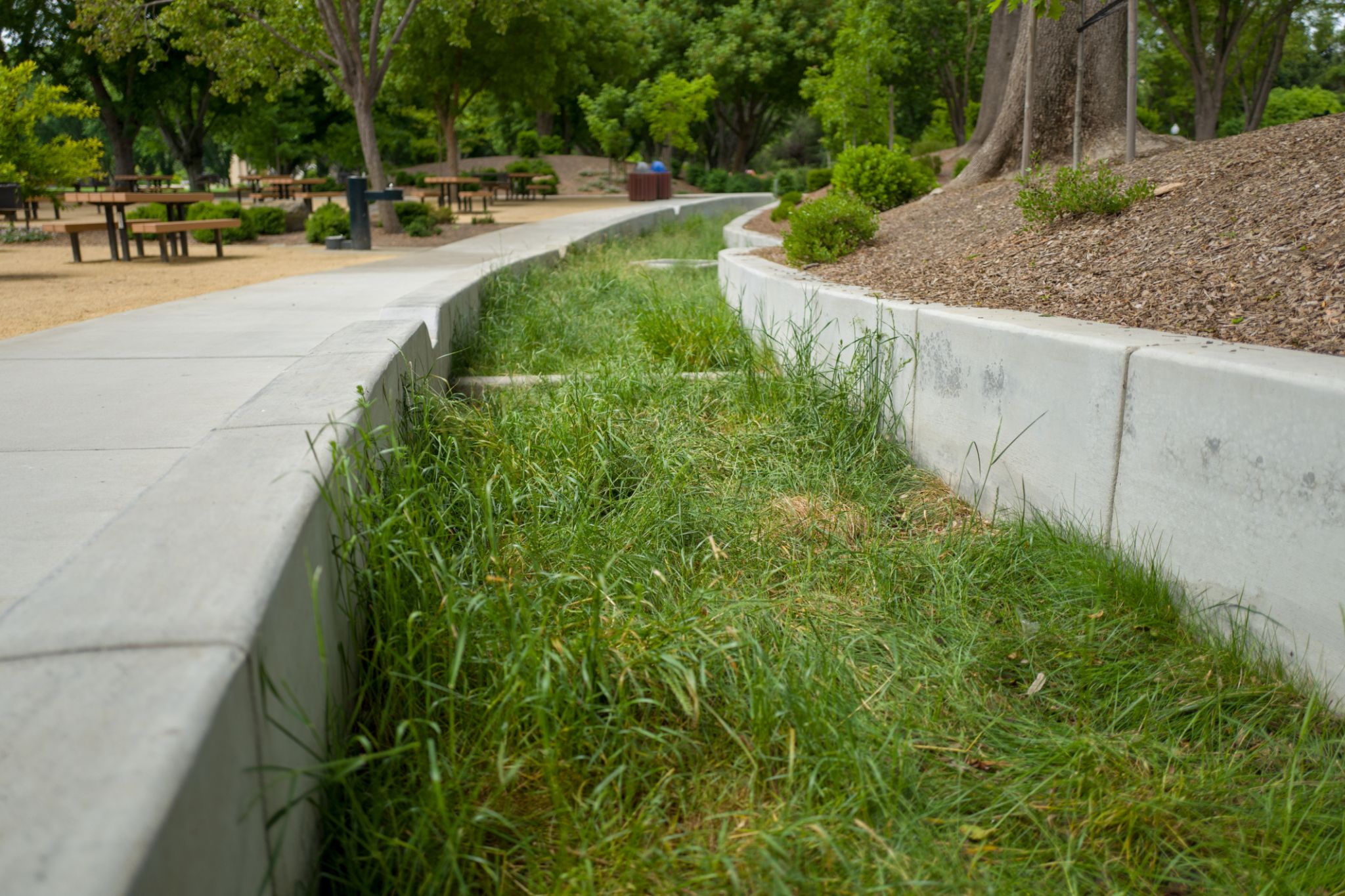Understanding Storm Water Management in Gawler: A Homeowner's Guide
Introduction to Storm Water Management
Storm water management is a crucial aspect of maintaining a sustainable and healthy environment, especially for homeowners in regions like Gawler. Understanding how to effectively manage storm water can prevent property damage, reduce pollution, and support local ecosystems. This guide aims to provide homeowners with essential insights into storm water management practices.

Why Storm Water Management Matters
Storm water refers to rainwater or melted snow that flows off streets, lawns, and other sites. In urban areas, where natural absorption is limited, this water can accumulate and lead to flooding. Effective storm water management helps mitigate these risks by controlling the flow and quality of runoff.
Environmental Protection is one of the primary benefits of managing storm water effectively. When not properly managed, storm water can carry pollutants such as oil, chemicals, and debris into natural water bodies, harming aquatic life and degrading water quality. Implementing proper management practices helps protect these ecosystems.
Preventing Property Damage
For homeowners, one of the most direct benefits of storm water management is the prevention of property damage. Uncontrolled water flow can lead to soil erosion, basement flooding, and structural damage to homes and other structures. By investing in management solutions, homeowners can safeguard their properties against these risks.

Key Components of Storm Water Management
Effective storm water management involves several key components that work together to minimize the impact of runoff. These include:
- Drainage Systems: Properly designed drainage systems are crucial for directing storm water away from structures and into designated collection areas.
- Pervious Surfaces: Utilizing materials that allow water to pass through rather than runoff can significantly reduce the volume of storm water.
- Retention Ponds: These are designed to hold storm water temporarily, allowing it to infiltrate gradually into the ground or be released slowly into waterways.
Implementing Green Infrastructure
Green infrastructure refers to practices that use natural processes to manage storm water. This can include rain gardens, green roofs, and permeable pavements. By incorporating vegetation and soil, these systems enhance natural absorption, reduce heat, and improve air quality.

Steps Homeowners Can Take
As a homeowner in Gawler, there are several proactive steps you can take to manage storm water effectively:
- Install Rain Barrels: Collect rainwater from your roof to use for gardening or other non-potable purposes.
- Create a Rain Garden: Plant a garden designed to absorb rainwater runoff from impervious surfaces like driveways or patios.
- Maintain Gutters and Downspouts: Ensure they are clear of debris and direct water away from your home’s foundation.
By implementing these measures, you can contribute to storm water management efforts while benefiting your property and local environment.
The Role of Local Authorities
Local authorities in Gawler play a significant role in managing storm water at a community level. They implement regulations and infrastructure projects designed to control runoff and protect waterways. Homeowners are encouraged to stay informed about local policies and participate in community initiatives related to storm water management.

Conclusion
Understanding and implementing effective storm water management is essential for homeowners in Gawler. By taking proactive steps, you can protect your property, support environmental health, and contribute positively to your community. Remember that every small action counts towards a more sustainable future.
